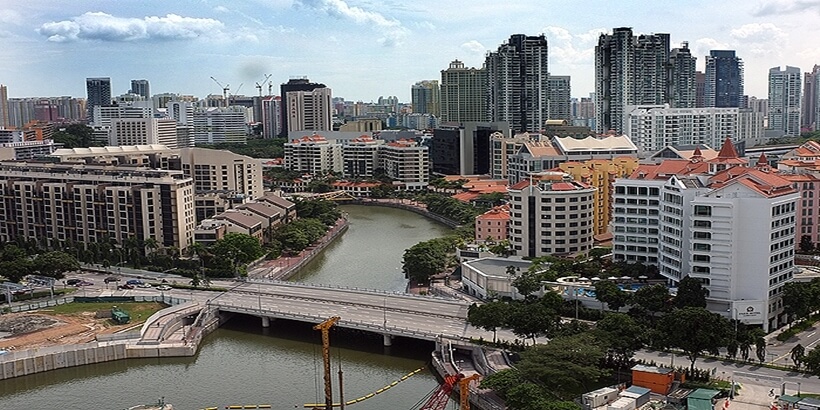Singapore scored highly in terms of family benefits and overall quality of life.
Singapore has once again – for the fourth consecutive year – emerged as the best place for expats to live and work, reported Channel NewsAsia citing an HSBC survey.
New Zealand came in second, while Germany, Canada and Bahrain rounded up the top five list.
While expats in the city-state received less on average at US$160,000, compared to those in Hong Kong who earn US$180,000 annually, Singapore did better when it comes to ratings of family benefits and overall quality of life.
In fact, almost three-quarters of expats in Singapore felt that the overall quality of life of their children is better here.
“The quality of childcare and education are considered better than at home for many expats and 60 percent say their children’s health and well-being has improved,” said the survey.
And with four out of five expats expressing confidence in the country’s economic and political stability, 78 percent said they would recommend Singapore to anyone planning to work abroad.
“More than a quarter of Singapore expats may have originally been sent by their employer (27 percent), but almost half (47 percent) have stayed in this safe, well-organised city and its lush, vibrant surroundings for the great quality of life it offers them and their family,” added the survey.
The survey of 22,318 expats, however, revealed that living in the city-state can be stressful, with 46 percent of the expats saying that stress levels at work in the Southeast Asian country are higher compared to what they witnessed back home.
Singapore’s high cost of living also posed a problem to some expats, with two in four saying they could not afford to buy a home in the city-state.
Meanwhile, Singaporeans who moved abroad said they enjoyed better work/life balance, with 50 percent saying they found personal fulfilment working abroad.
“Having left a well-organised, structured and carefully managed culture to plunge into the great global unknown, far more Singaporeans abroad (51 percent) feel the experience has made them more adaptable than the global average (39 percent),” noted the survey.
credits: propertyguru




